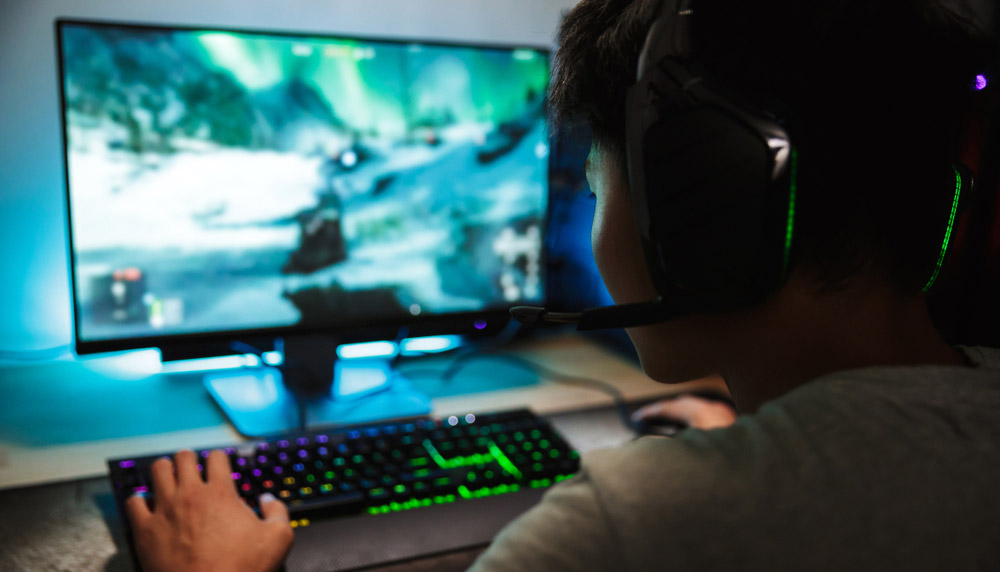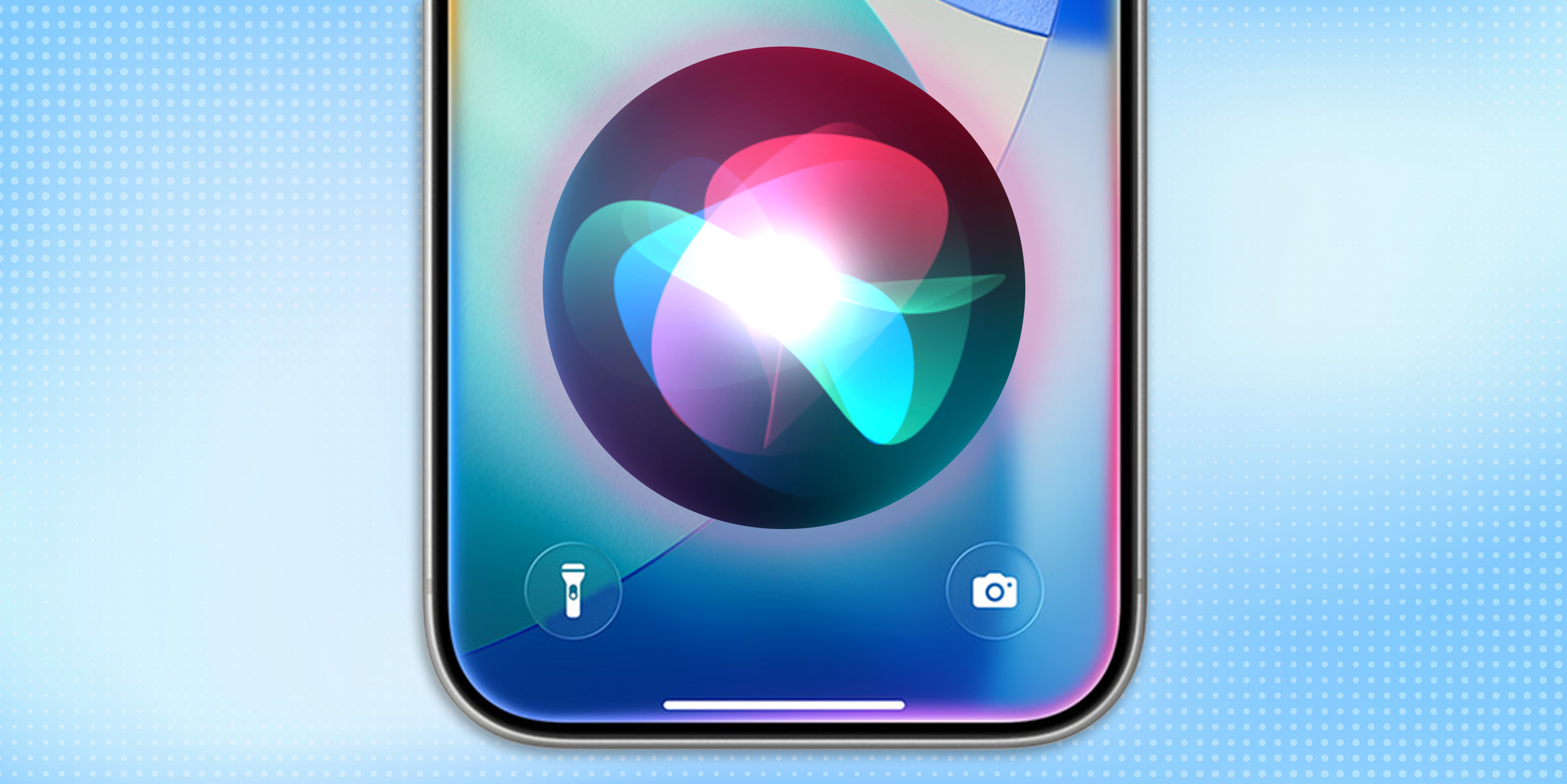Valve recommends a full PC reset after malware-infected game discovered on Steam
You'll want to run a full scan with your antivirus software first before going to that extreme though

Here at Tom’s Guide our expert editors are committed to bringing you the best news, reviews and guides to help you stay informed and ahead of the curve!
You are now subscribed
Your newsletter sign-up was successful
Want to add more newsletters?

Daily (Mon-Sun)
Tom's Guide Daily
Sign up to get the latest updates on all of your favorite content! From cutting-edge tech news and the hottest streaming buzz to unbeatable deals on the best products and in-depth reviews, we’ve got you covered.

Weekly on Thursday
Tom's AI Guide
Be AI savvy with your weekly newsletter summing up all the biggest AI news you need to know. Plus, analysis from our AI editor and tips on how to use the latest AI tools!

Weekly on Friday
Tom's iGuide
Unlock the vast world of Apple news straight to your inbox. With coverage on everything from exciting product launches to essential software updates, this is your go-to source for the latest updates on all the best Apple content.

Weekly on Monday
Tom's Streaming Guide
Our weekly newsletter is expertly crafted to immerse you in the world of streaming. Stay updated on the latest releases and our top recommendations across your favorite streaming platforms.
Join the club
Get full access to premium articles, exclusive features and a growing list of member rewards.
Over the years, we’ve seen our fair share of malicious apps on the Google Play Store and even a few on the Apple App Store. Everyone’s favorite PC game store, Steam just took down a malicious game from its platform.
As reported by Game Rant, the game in question wasn’t available to purchase and download for that long as it was released at the beginning of February and removed from Steam a week later. Still, Valve is recommending that anyone who did install it should perform a full PC reset just to be safe.
Created by an indie developer with no social media presence (which is a huge red flag), PirateFi was a generic survival sim with a similar gameplay loop to Rust but with a Sea of Thieves look to it. As you can guess, it wasn’t very popular, though the game still poses a significant risk to anyone who might have tried it while it was still available on Steam.
After the game was removed, Valve began sending out emails to players who tried it, warning them that: “The Steam account of the developer for this game uploaded builds to Steam that contained suspected malware.”
A game called PirateFi released on Steam last week and it contained malware. Valve have removed the game two days ago.Users that played the game have received the following email: pic.twitter.com/B98BFs0WbKFebruary 12, 2025
Before going as far as doing a full PC reset, the company suggests that affected players run a full system scan which you can do for free with Microsoft Defender. However, now that hackers are targeting legitimate games and not just pirated ones, it might be worth investing in one of the best antivirus software solutions for additional protection.
At the same time, Valve also encouraged those who downloaded PirateFi to inspect their gaming PCs for “unexpected or newly installed software” as this is a dead giveaway that your system has been compromised by malware.
Although it is a last resort, fully reformatting your gaming PC is great advice in this situation as doing so is the only way you can fully ensure that no malicious software remains on your computer.
Get instant access to breaking news, the hottest reviews, great deals and helpful tips.
How to keep your gaming PC safe from malware

Just like on one of the best phones, every new app or piece of software you download to your gaming PC has the potential to be malicious. This is why you need to be extra careful when downloading new games as well as any mods.
Sticking to a reputable PC game store like Steam is a great first step but like we saw in this case, there’s still a chance you might accidentally download and install a malicious app. This is why — in the same way, I recommend with apps on your phone — you want to carefully inspect a game’s ratings and reviews. Also, look into its developer when possible. A quick search for PirateFi’s developer Seaworth Interactive only brings up one result and that’s a SteamDB page instead of the company’s website. Not only is this not helpful in the slightest, but it’s the kind of thing that should raise suspicion and make you wonder whether or not it’s a good idea to download this particular game.
Since on-page reviews can be faked, it’s also a good idea to look for external reviews as well as video reviews to see a game in action before purchasing or downloading it. A quick search on YouTube didn’t bring up a trailer or any other gameplay videos. Instead, I just found videos of people discussing how this new indie game was spreading malware on Steam. This is another good reason to avoid a particular title.
In addition to using antivirus software to keep you safe from malware, you may also want to invest in one of the best identity theft protection services since they can help you recover your identity or any funds lost to fraud from a malicious game.
Hackers love targeting gamers and just like they do on mobile app stores, malicious games like PirateFi could soon become much more prevalent. As such, it’s up to you to carefully decide whether or not it’s worth the risk to download a particular game or even a mod for a popular game. By practicing good cyber hygiene and always thinking before you click, you should be able to keep your gaming PC and your data safe.
More from Tom's Guide
- Hackers are now using 'malware cluster bombs' in their attacks
- Millions of Mac owners urged to be on alert for info-stealing malware
- Hackers have found an insidious way to attack you with malware — don’t fall for this

Anthony Spadafora is the managing editor for security and home office furniture at Tom’s Guide where he covers everything from data breaches to password managers and the best way to cover your whole home or business with Wi-Fi. He also reviews standing desks, office chairs and other home office accessories with a penchant for building desk setups. Before joining the team, Anthony wrote for ITProPortal while living in Korea and later for TechRadar Pro after moving back to the US. Based in Houston, Texas, when he’s not writing Anthony can be found tinkering with PCs and game consoles, managing cables and upgrading his smart home.
You must confirm your public display name before commenting
Please logout and then login again, you will then be prompted to enter your display name.
 Club Benefits
Club Benefits










